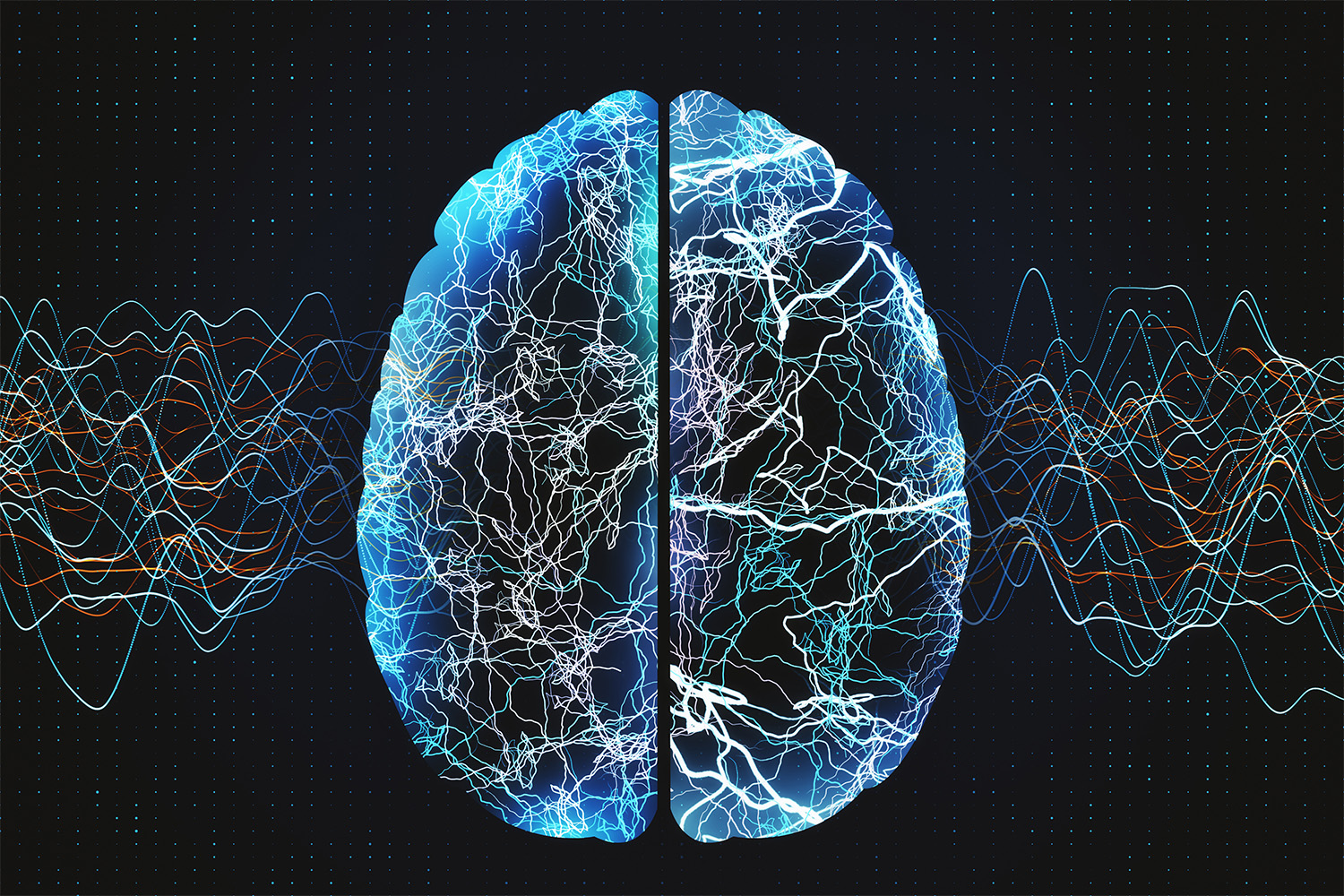
Millions of Veterans throughout America suffer from the effects of TBIs and/or PTSD. These mental health-related conditions can arise due to one’s military service or from active combat. Whether you experience the effects of a TBI, PTSD, or both, you deserve to be compensated for your honorable service to our country.
You may wonder whether the VA will rate your TBI and PTSD separately or together. Let’s explore the answer to this question in detail.
A TBI is a traumatic brain injury, such as a concussion. Brain injuries are usually caused by direct brain damage, like damage to the skull or penetration of the brain by an object. Because TBIs affect the brain, they often lead to severe and negative symptoms, including:
While TBIs don’t always result in brain dysfunctions, they can in many cases. Unfortunately, TBIs can be caused due to many root issues or events, including:
Many US Veterans suffer from TBIs that result in persistent or chronic issues for years. Some TBIs and their effects only last for a few weeks or months, while others can result in permanent neurological damage or personality changes.
Many TBIs can be difficult to diagnose or understand at first. Doctors must analyze the symptoms of the person suffering from the TBI, identify brain damage, and conclude that the brain damage is the result of experienced symptoms.
Because this process can take months or years, many Veterans don’t receive the disability benefits they are entitled to for their TBIs until long after developing their first symptoms.
The VA rates disability ratings depending on their individual symptoms. All TBIs are rated under 38 CFR 4.124a and with a scale that ranges from 0 to Total. Each increment on the scale corresponds to a different disability rating ranging from 0% to 100%.
Furthermore, the VA technically classifies TBI residuals into ten distinct subcategories. These subcategories include:
Based on the above symptoms and TBI effects associated with each subcategory, the VA may assign affected Veterans a rating of:
The VA rates an affected Veteran based on their highest-rated residual.
For instance, imagine that you have a TBI with a residual of two out of the ten possible categories. Say you have a two for orientation but a three for ability to communicate.
According to this rule, the VA should assign you a disability rating of three, which translates to a 70% disability rating for your TBI.
Post-traumatic stress disorder (PTSD) is a mental health condition that may or may not be associated with physical brain injuries or damage such as TBIs.
Veterans may develop PTSD after experiencing a traumatic event, including:
No matter how PTSD develops initially, Veterans may experience a wide range of symptoms and severity levels depending on their experiences and other factors. Some of the most common PTSD symptoms include:
Like TBIs, PTSD can be difficult to both diagnose and rate by the VA. PTSD is typically diagnosed after collecting symptoms and testimony from both the affected individual and related parties like loved ones or family members who can vouch for claimed behavior.
The VA rates PTSD and associated symptoms after a Veteran demonstrates a connection between their symptoms and PTSD. They must prove that:
If a Veteran can prove both of the above elements, they may receive a service connection from the VA and associated disability rating. Disability ratings for PTSD can range from 0% to 100%:
Because TBIs and PTSD both affect the brain, they sometimes share certain symptoms, such as memory loss, disorientation, mood swings, difficulty concentrating, and headaches. Many Veterans believe that they cannot be rated for both PTSD and a traumatic brain injury, but this is not true.
The VA can rate both traumatic brain injuries and PTSD together. However, the VA does not rate shared symptoms twice to avoid a practice called pyramiding.
Pyramiding refers to counting a symptom or experience shared between two disabilities or conditions twice.
For example, imagine that you have both a concussion and PTSD. You experience some disorientation but can’t identify which of the two conditions causes the disorientation overall or whether it’s both.
However, the VA will not count disorientation as a symptom when rating both your traumatic brain injury and your PTSD. Instead, the VA is required by law to count disorientation as the condition that results in the highest disability rating for you.
For instance, if disorientation results in a higher rating for PTSD than it does for a concussion, the VA will classify your disorientation symptom under your PTSD rating, not your concussion rating.
Skilled Veterans law attorneys can help you maximize your benefits by:
Remember, the VA must rate each shared symptom between a TBI and PTSD, but it always assigns you the highest possible disability rating.
Ultimately, you deserve maximum benefits for your traumatic brain injury and/or PTSD, no matter how severe your symptoms are. Berry Law can make sure you get what you deserve when you contact us today for a free case evaluation.
With our help, you’ll fully grasp how combined disability ratings work, understand how to file an application for benefits, and ensure that the VA rates your disabilities at their highest threshold possible. Contact Berry Law today to learn more.
Sources:
Our monthly newsletter features about important and up-to-date veterans' law news, keeping you informed about the changes that matter.